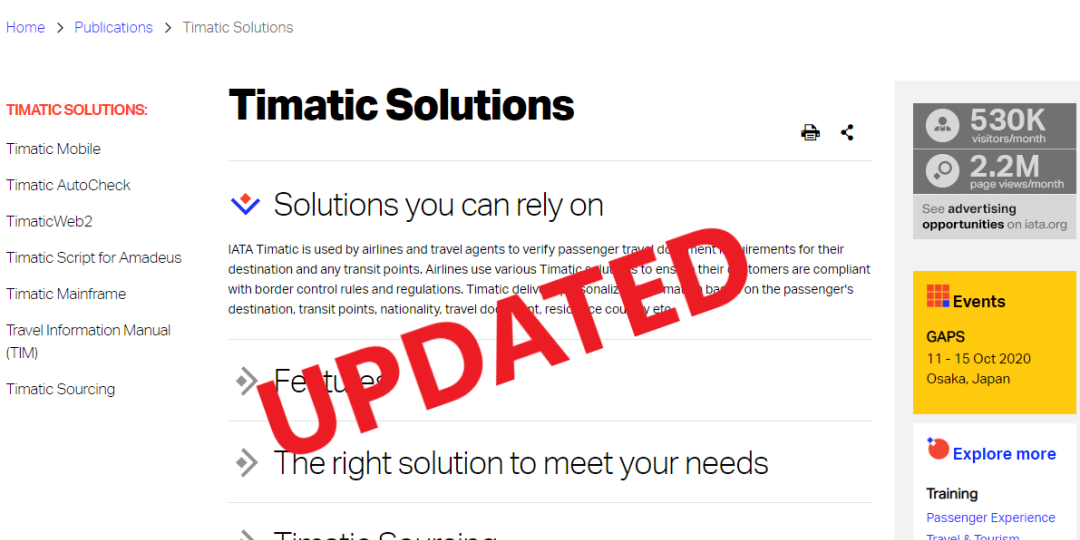The decision by Home Affairs to waiver Unabridged Birth Certificates for foreign minors coming into South Africa has been well received.
A spokesperson for IATA (International Air Transport Association) confirmed that IATA had received the information and that Timatic (the database containing cross border passenger documentation requirements) had already been updated, and pointed out that “it’s all systems go” for the airline industry.
“About time” has been the response from many quarters.
“It’s a happy day – to finally see it in black and white,” says David Frost, CEO of tourism association SATSA, which has championed the cause since the beginning of the debacle.
“On reflection, it was a very lonely and long road but it was so necessary to stand up stridently and vocally in defence of our members,” says Frost. “More than this, however, was the positive unintended consequence that, for the first time, the profile of tourism was raised at the highest levels of government but also in society in general.”
Sthembiso Dlamini, SA Tourism Acting CEO, says the news will be lauded by all in the tourism industry, both locally and internationally.
“Family travel is a key driver for arrivals and we compete with many other destinations for our share. The waiver announcement will allow us to proactively and aggressively market South Africa as a family-friendly destination again.”
In a statement, SA Minister of Tourism, Mmamoloko Kubayi-Ngubane, said the UBC issue has been a major concern for stakeholders and she is pleased that the announcement was made before the festive season.
“It will undoubtedly ensure ease of access to South Africa, as the work continues to bring more than 21 million targeted international visitors by 2030 to boost tourism and turn around our economy,” she said.
When it comes to the practical side of things, the Department of Home Affairs is confident that the matter has been well communicated across the board. Siya Qoza, spokesperson for Minister of Home Affairs, Dr Aaron Motsoaledi, says all relevant parties were informed of the waiver on November 8, before the announcement was made to the media.
“Everyone who needed to know about the waiver was informed including airline associations, and everyone at our ports of entry,” says Qoza.
Chris Zweigenthal, CEO of the Airlines Association of Southern Africa (AASA), says the waiver is good news and will help South Africa to regain its competitive position as a sought-after tourism destination.
“Losses were felt as trade went to places that were easier to visit. At the same time, local operating costs increased and margins compressed. As a result, jobs were lost, livelihoods negatively affected and revenues derived from taxes declined,” said Zweigenthal in an official statement.
“Reforms such as this waiver will help to strengthen the entire sector and contribute towards the economic rejuvenation of South Africa and the region. This is a good start, but there are still other corrective interventions to be made and unnecessary red tape to be slashed.”
























